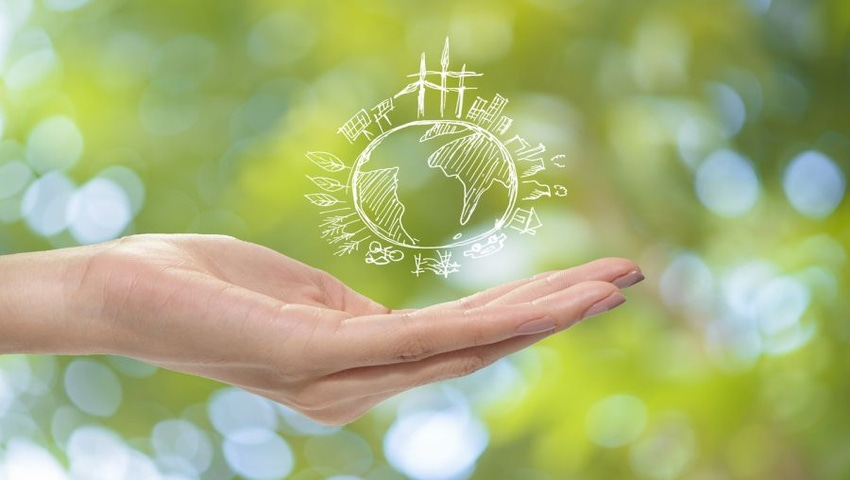Contentious chemicals in personal care formulations, resource and carbon management, and packaging impacts are key cosmetic industry concerns as discussed at the Sustainable Cosmetics Summit.
December 15, 2016

Some of the pressing sustainability issues facing the cosmetics industry were debated at the Asia-Pacific and European editions of the Sustainable Cosmetics Summit. Contentious chemicals in personal care formulations, resource and carbon management, and packaging impacts were stated as key industry concerns.
Several papers discussed the environmental impact of personal care ingredients at the European edition, hosted in Paris, Oct. 24 to 26. Although there is high awareness about palm oil and polyethylene beads, other chemicals are also having a detrimental impact on the environment. Allard Marx, founder and CEO of Aethic, called for greater scrutiny of sunscreen chemicals, which are destroying coral reef in many parts of the world. Fortunately, natural sunscreen alternatives are gaining traction, as noted in this INSIDER Image Gallery.
Andrew Thompson of Ronald Britton stated that at least 8 million ton of plastics leak into the ocean each year, disrupting marine eco-systems. His company has developed bio-based glitter as an alternative to conventional glitter. J. Rettenmaier & Soehne also made the case for its cellulose-based green exfoliants.
With air pollution linked to increased skin sensitivity and pigmentation, the advent of anti-pollution skincare was covered in both editions. Alain Khaiat of Seers Consulting gave details of natural ingredients with anti-pollution qualities. Clarins said that it has examined the impact of major pollutants in outdoor and indoor environments to develop its range of anti-pollution skin care and cosmetic products. Its anticipated anti-pollution will become mainstream as more consumers become aware of the effects of air pollutants on skin health.
The need for resource efficiency was stressed at the Asia-Pacific edition, taking place in Hong Kong, Nov. 15 to 15. Angela Buglass, CEO of Trilogy, called for more companies to address their carbon footprints. The New Zealand based natural skincare brand has been carbon neutral since 2007. Amore Pacific, the largest cosmetics firm in South Korea, gave details on how it is reducing its carbon and water impacts. Apart from developing eco-friendly processes, it has set up the Osulloc Tea Garden (organic) in Jeju Island, which is absorbing 900 ton of CO2 per year. Water stewardship is also important, with the company using 32,059 tons of rainwater in its facilities.
Steven Ko, founder and CEO of O’ Right, was present at the Hong Kong summit. As well as carbon neutral, the Taiwanese natural hair care brand is reducing its water footprint and has Cradle-To-Cradle (C2C) certification. Fashion retailer H&M launched an organic beauty range, which is part of the company’s strategy to make sustainable products affordable to all.
Davide Bollati, Chairman of the Italian sustainable hair care company Davines, said in 2017, Davines will open its sustainable village which will produce natural ingredients, create zero waste, and will be powered by green energy. Marks & Spencer discussed its roadmap to become the most sustainable major retailer in the world; its Pure Natural beauty range is made from grape waste.
Social impacts were also discussed, with the industry highlighting the question: What can the cosmetics industry do to make a social difference? Chris Kilham, founder of Medicine Hunter Inc., discussed true sustainability in the cosmetic industry, including how to achieve social responsibility, in this INSIDER Podcast.
You May Also Like




.png?width=800&auto=webp&quality=80&disable=upscale)